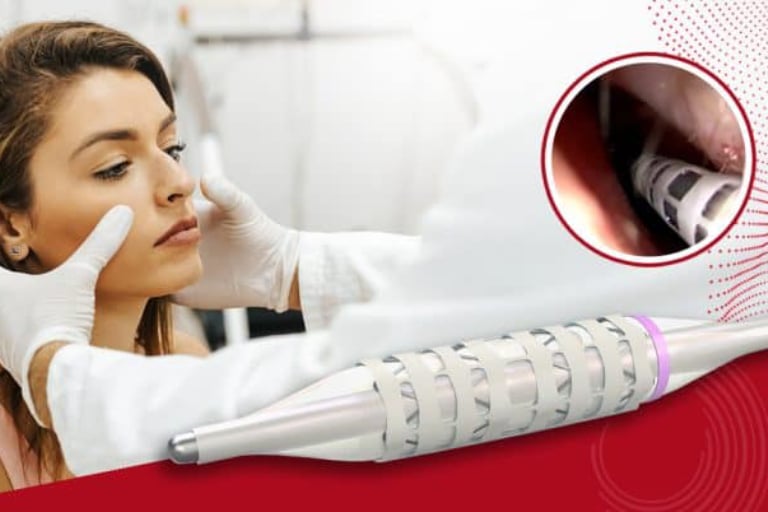Back to School: Common Ear, Nose, and Throat Issues in Children
Sending your child back to school in the fall is an exciting but frightening time. It’s harder to closely monitor their wellness when they’re away from you for so much of the day, plus they’re around many unfamiliar faces. It’s…









